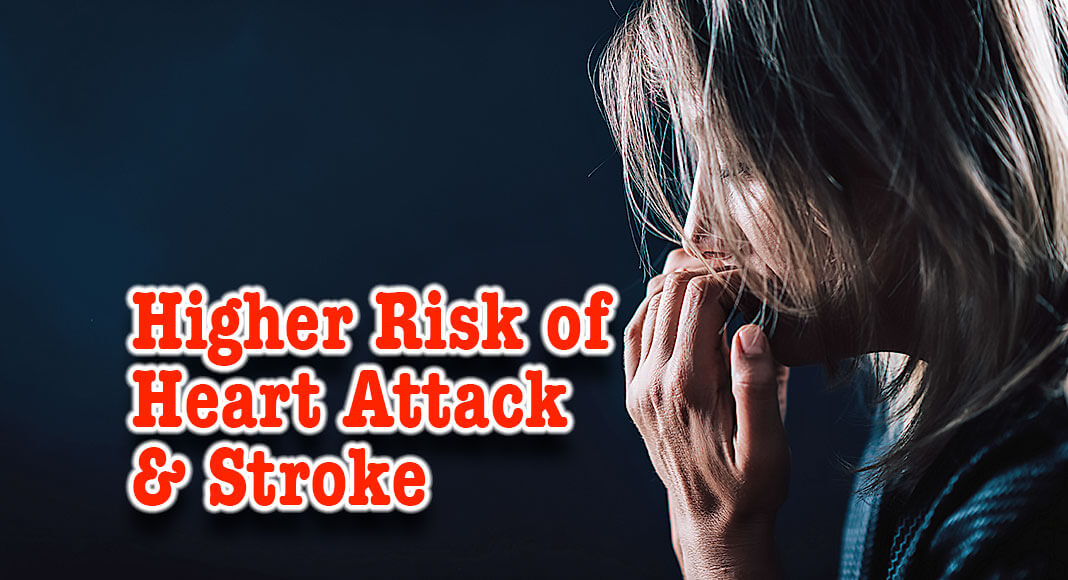
Mega Doctor News
By American Heart Association News
People with bipolar disorder, schizophrenia or schizoaffective disorders may have a higher risk for cardiovascular disease at younger ages than those without a serious mental health condition, according to new research.
“Previous research has indicated that people diagnosed with a serious mental illness die 10 to 20 years earlier than the general population, and their leading cause of death is heart disease,” Dr. Rebecca C. Rossom said in a news release. She led the study published Wednesday in the Journal of the American Heart Association.
“Our study focused on the contribution of cardiovascular risk factors, such as blood pressure, cholesterol, blood sugar, body mass index and smoking status, to compare overall heart disease risk for people with and without serious mental illness,” said Rossom, a senior research investigator in behavioral health at the Center for Chronic Care Innovation at HealthPartners Institute in Minneapolis.
Researchers analyzed health data for 591,257 people ages 18-75 who had been treated at a primary care clinic in Minnesota or Wisconsin between January 2016 and September 2018. About 2% – 11,333 people – were diagnosed with one of three mental illnesses: bipolar disorder, which causes unusual shifts in mood, energy, activity and the ability to focus on day-to-day tasks; schizophrenia, which can cause hallucinations or delusions and a break with reality; or schizoaffective disorder, schizophrenia with major mood episodes.
Researchers used two prediction models to assess the risk of having a heart attack, stroke or cardiovascular death for people with and without a serious mental illness. They used the American College of Cardiology/American Heart Association atherosclerotic cardiovascular risk scoring tool to calculate the 10-year risk for people ages 40-75 and the Framingham Risk Score to calculate the 30-year risk for people ages 18-59.
Adults with any of the three mental disorders were slightly more likely than those without to develop cardiovascular disease within a decade – nearly 9.5% compared to 8%. At the 30-year mark, cardiovascular risk for people in the highest-risk group with a serious mental illness was more than double that of people without – 25% compared to 11%.
The higher risk level associated with a serious mental illness was already evident in adults under the age of 35, researchers found.
“Even at younger ages, people with serious mental illness had a higher risk of heart disease than their peers, which highlights the importance of addressing cardiovascular risk factors for these individuals as early as possible,” Rossom said.
The added risk may be tied to cardiovascular risk factors. Those with serious mental illnesses were more likely to be current smokers and to have obesity, diabetes or high blood pressure.
People with bipolar disorder had the highest 10-year risk for cardiovascular disease compared to their peers with schizophrenia and schizoaffective disorder. People with schizoaffective disorder had the highest 30-year risk.
“We encourage health care systems and clinicians to use the 30-year cardiovascular risk estimates for young adults with serious mental illness, as these may be used starting at age 18,” Rossom said. “Right now, estimates of 10-year heart disease risk are used most frequently, and they cannot be applied until people are at least 40 years old, which is too late to start addressing heart disease risk in people with serious mental illness.”











